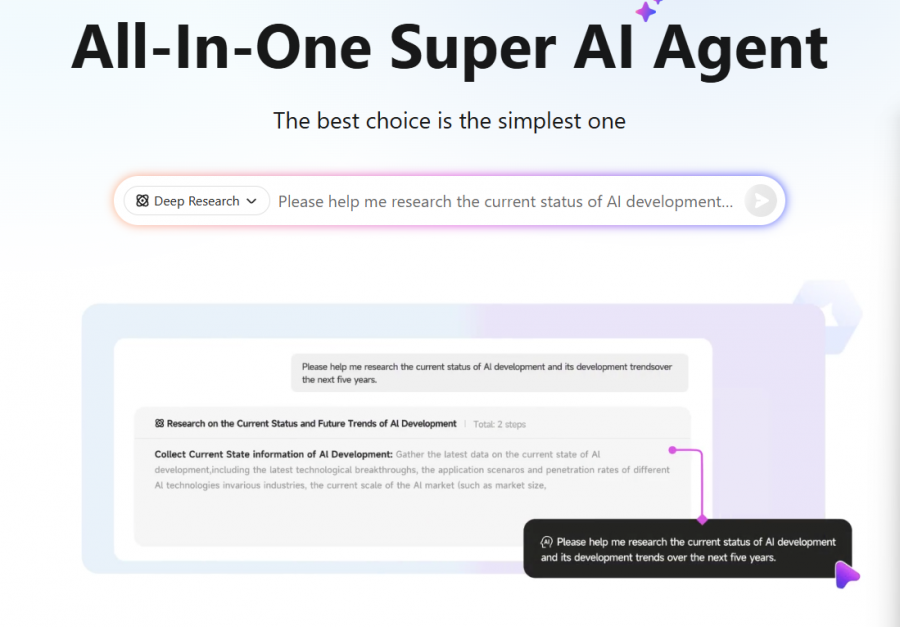A US appeals court on Wednesday rejected Apple’s attempts to delay changes to its App Store practices demanded by Epic Games.
The 9th US Circuit Court of Appeals wasn’t having any of Apple’s arguments as it denied the company’s request to pause a judicial order requiring immediate changes to how the iPhone maker runs its lucrative digital marketplace.
This latest ruling means Apple must continue to open up its profitable App Store to greater competition while it appeals the decision—potentially putting billions in revenue at risk and fundamentally altering the notorious “walled garden” approach it has operated for years.
The saga stems from Apple’s ongoing legal battle with Epic Games, the company behind Fortnite. Back in April, US District Judge Yvonne Gonzalez Rogers found Apple in contempt of an earlier injunction, clearly frustrated by what she saw as the company’s attempts to sidestep her previous ruling.
On 30th April, she ordered Apple to stop several practices she considered evasive manoeuvres, including a cheeky 27% fee Apple had begun charging developers when customers completed purchases outside the App Store—a move many critics viewed as a barely disguised attempt to maintain its revenue stream despite the court order.
The judge also blocked Apple from dictating where developers can place links to alternative payment options within their apps—a limitation that had effectively kept many users in the dark about potentially cheaper ways to pay for digital content.
Apple, predictably, wasn’t thrilled with the decision. “We’re disappointed with the decision not to stay the district court’s order, and we’ll continue to argue our case during the appeals process,” the company said in a statement.
Epic Games founder Tim Sweeney, meanwhile, couldn’t contain his excitement, taking to X with a triumphant declaration: “The long national nightmare of the Apple tax is ended.”
Sweeney’s jubilant tone reflects the culmination of a battle Epic has been waging since 2020, when it challenged Apple’s App Store policies by implementing its own payment system in Fortnite, promptly getting the game kicked off the platform.
During its emergency appeal, Apple painted a picture of existential business threat, arguing the ruling would prevent the company from “exercising control over core aspects of its business operations” and essentially force it to provide its services for free.
Epic Games, naturally, saw things differently, contending that Apple was simply trying to continue dodging competition and collecting fees that Judge Gonzalez Rogers had explicitly forbidden. The company also pointed out that developers have already begun embracing the newfound freedom, updating their apps with “better payment methods, better deals, and better consumer choice”—exactly the kind of competition Apple seemed desperate to avoid.
The legal tussle began in 2020 when Epic Games took Apple to court over the company’s tight grip on iOS app transactions and distribution. Though Apple largely came out on top in the original case, Judge Gonzalez Rogers ruled in 2021 that Apple must allow developers to steer consumers towards payment options outside the Apple ecosystem—potentially saving them the commission fees Apple charges.
In her scathing April contempt finding, Judge Gonzalez Rogers didn’t mess around and concluded that Apple had flagrantly defied her court order to protect its profitable revenue stream. More troublingly for Apple, she accused the company of misleading the court about its compliance efforts and even referred both Apple and one of its executives to federal prosecutors for a possible criminal contempt investigation—a rare and serious escalation in corporate legal battles.
For anyone following the mobile app economy, this ruling represents a seismic shift. As Epic Games highlights, Apple has long maintained almost complete control over how developers make money from iOS apps—taking commissions of 15% to 30% that many developers have likened to an unfair tax on their work.
Industry watchers believe this decision could reshape app economics, potentially allowing developers to keep more of their earnings while passing some savings on to consumers who might see lower prices for digital goods and subscriptions.
Countries from South Korea to the European Union are implementing or considering legislation to curb the power of app store operators. The EU’s Digital Markets Act has already forced Apple to permit alternative payment systems and app stores in Europe, suggesting a broader regulatory trend that’s increasingly challenging Apple’s tightly controlled ecosystem.
For Apple, the stakes couldn’t be higher. The App Store forms a crucial and growing part of its ‘Services’ business—a segment the company has increasingly emphasised as hardware sales growth has plateaued. Any major disruption to this business model from the changes demanded by Epic Games could impact Apple’s bottom line and future growth strategy in ways it would clearly rather avoid.
See also: Stack Overflow survey probes developer AI use and salaries

Looking to revamp your digital transformation strategy? Learn more about Digital Transformation Week taking place in Amsterdam, California, and London. The comprehensive event is co-located with IoT Tech Expo, AI & Big Data Expo, Cyber Security & Cloud Expo, and other leading events.
Explore other upcoming enterprise technology events and webinars powered by TechForge here.




